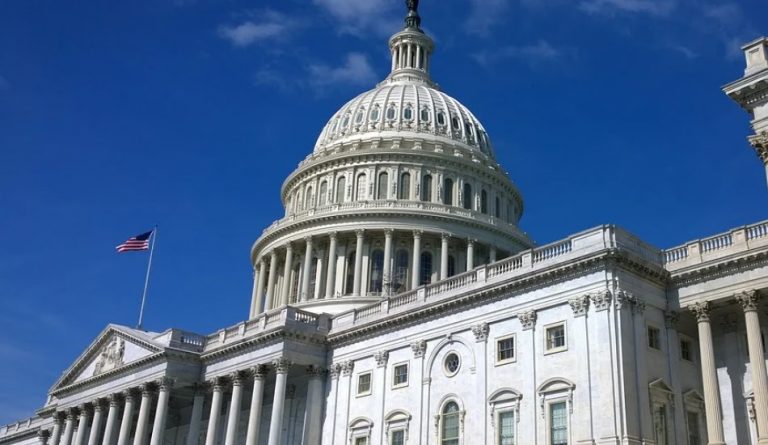The Senate and House of Representatives recently approved a set of rules governing how Electoral College votes will be counted on Jan. 6 when the joint session of Congress convenes. No recorded votes were registered to pass the rules. Instead, both chambers used voice votes.
According to the rules, the House of Representatives and Senate will meet in the Hall of the House of Representatives on Jan. 6 at 1 p.m. The President of the Senate (Vice President Mike Pence) will appoint two tellers for the Senate. House Majority Speaker Nancy Pelosi will appoint two tellers for the House of Representatives. Pence will open all certificates of Electoral College votes and hand them over to the tellers who will read them in front of the two houses. The certificates will be opened in alphabetical order, starting with Alabama. The tellers will then make a list of votes as presented in the certificates. They will deliver it to Pence who will announce the result.

During this process, members of the House of Representatives and Senate can raise objections to the certificates. Twelve senators and 50 U.S. representatives have committed to raising objections. This will force both chambers to withdraw and debate the merits of the objections for two hours. If both the House and Senate give majority approval to the objection, the challenge will be upheld. Regarding the 2020 presidential election, state-certified electoral votes for Joe Biden could be nullified; alternate votes for Trump could be counted.
Republican electors in seven states — Georgia, Michigan, New Mexico, Pennsylvania, Nevada, Arizona, and Wisconsin — have sent an alternate slate of Electoral College votes in support of Trump. These seven states account for 84 electoral votes. If these 84 electoral votes or a significant part of them get ratified, Trump could overturn the election and retain his presidency.
Democrats are falsely saying this is unconstitutional. In an interview with Just the News, Trump lawyer Jenna Ellis said that there is nothing unconstitutional with the vice president asking state legislatures of the seven states which of the two slates of electors is valid.
Success
You are now signed up for our newsletter
Success
Check your email to complete sign up
“[Pence] can ask that question to the states and say, ‘Well, legislators, you know, I have an oath to the Constitution to uphold the Constitution as written in Article II Section 1.2, which says the state legislatures direct the manner in which electoral delegates are selected. So you tell me which of these two slates was selected in the manner that your general assembly has designated’… And that’s a fair question. That’s not exercising discretion. That’s not setting up any sort of bad precedent,” she said on the program.
Republican senators from Georgia have asked Pence to delay the Electoral College vote counting for 10 to 12 days. One of the senators, Brandon Beach, said that the delay is necessary to properly investigate the allegations of election fraud.
“I’ve had my cell phone on my website and on my senate site for eight years. I have never received any calls… I may have gotten a call here now and then but after this — my phone has blown up. My email has blown up. My text messages have blown up… People are angry. They’re mad. They feel disenfranchised,” he told The Epoch Times.
Follow us on Twitter or subscribe to our email list
















